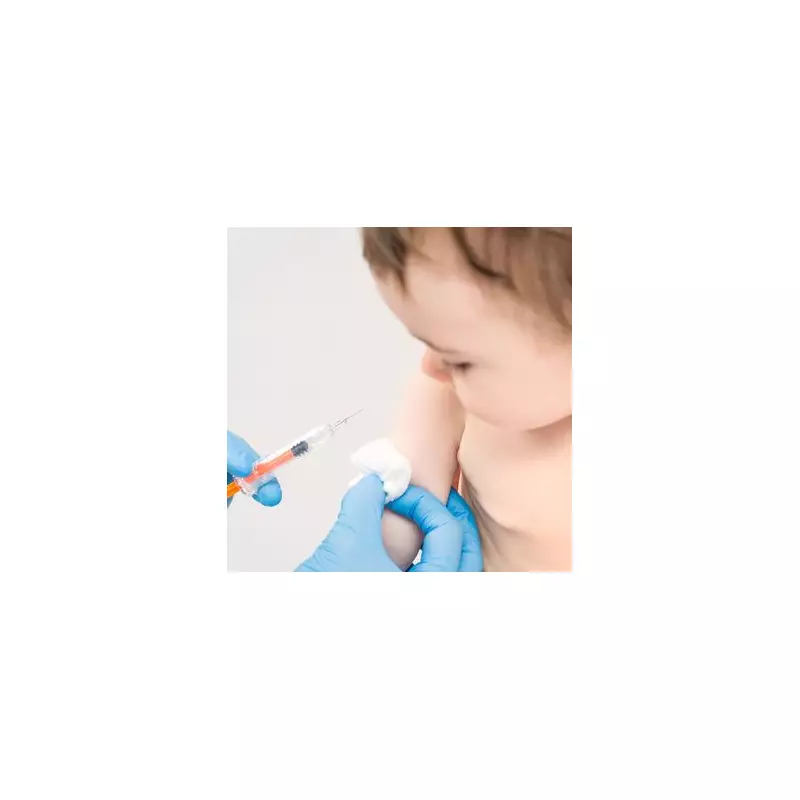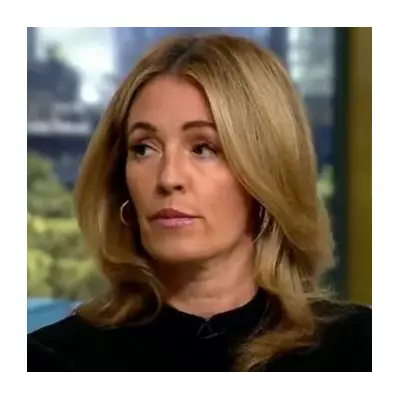
In a significant shift in public health policy, the NHS is set to offer the chickenpox vaccine to all young children for the very first time. The move comes after decades of deliberation and marks the UK's alignment with many other Western nations that already routinely immunise against the varicella-zoster virus.
The landmark decision, based on fresh advice from the Joint Committee on Vaccination and Immunisation (JCVI), will see the jab added to the routine childhood vaccination schedule. It is expected to be administered in two doses, offered at 12 and 18 months of age.
Why the Change After All These Years?
For years, the UK's approach was an outlier. The argument against universal vaccination centred on the belief that exposing children to chickenpox naturally would boost community immunity and protect adults, for whom the virus can be far more dangerous.
However, the JCVI now concludes that the new evidence is "overwhelmingly in favour" of a national programme. The committee highlights that the vaccine will dramatically reduce the number of children suffering from severe chickenpox and its devastating complications, which can include dangerous bacterial infections, pneumonia, and encephalitis.
A Dual Benefit: Protecting Today's Children and Tomorrow's Adults
This policy isn't just about preventing itchy spots and missed school days. A major driving force is the long-term goal of slashing the incidence of shingles. The same virus that causes chickenpox lies dormant in the body and can reactivate later in life as shingles, a painful and debilitating condition.
By creating a vaccinated generation, the NHS aims to break the cycle of the virus circulating in the community, ultimately protecting the wider population, including vulnerable adults and those with weakened immune systems.
The rollout is a proactive step towards a healthier future, preventing an estimated thousands of childhood cases and safeguarding the NHS from the associated costs of hospitalisations and treatments for severe complications.





